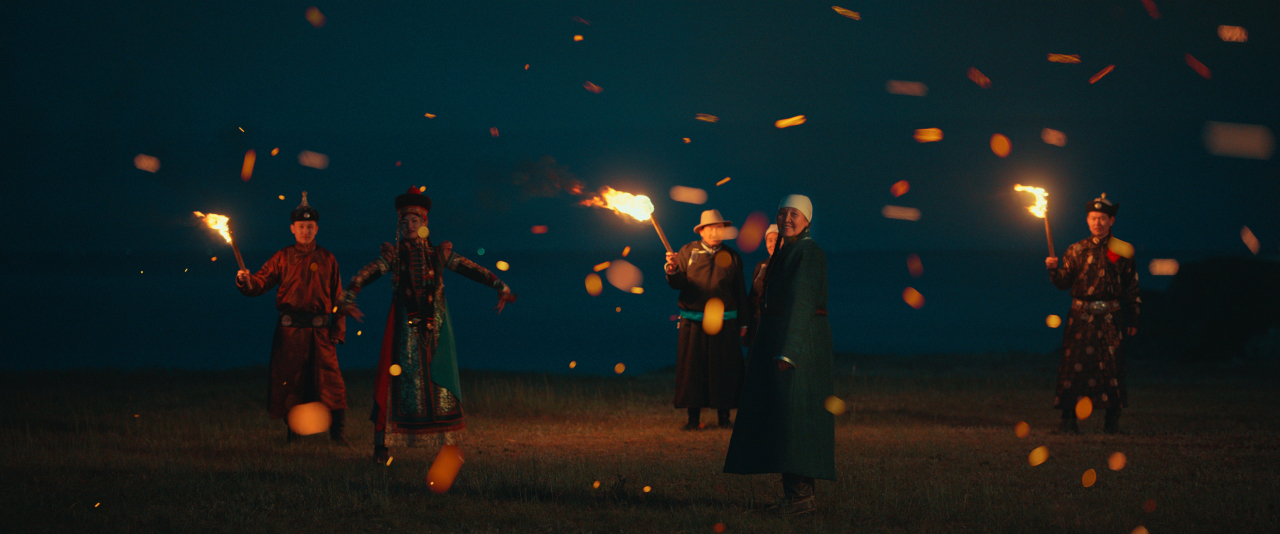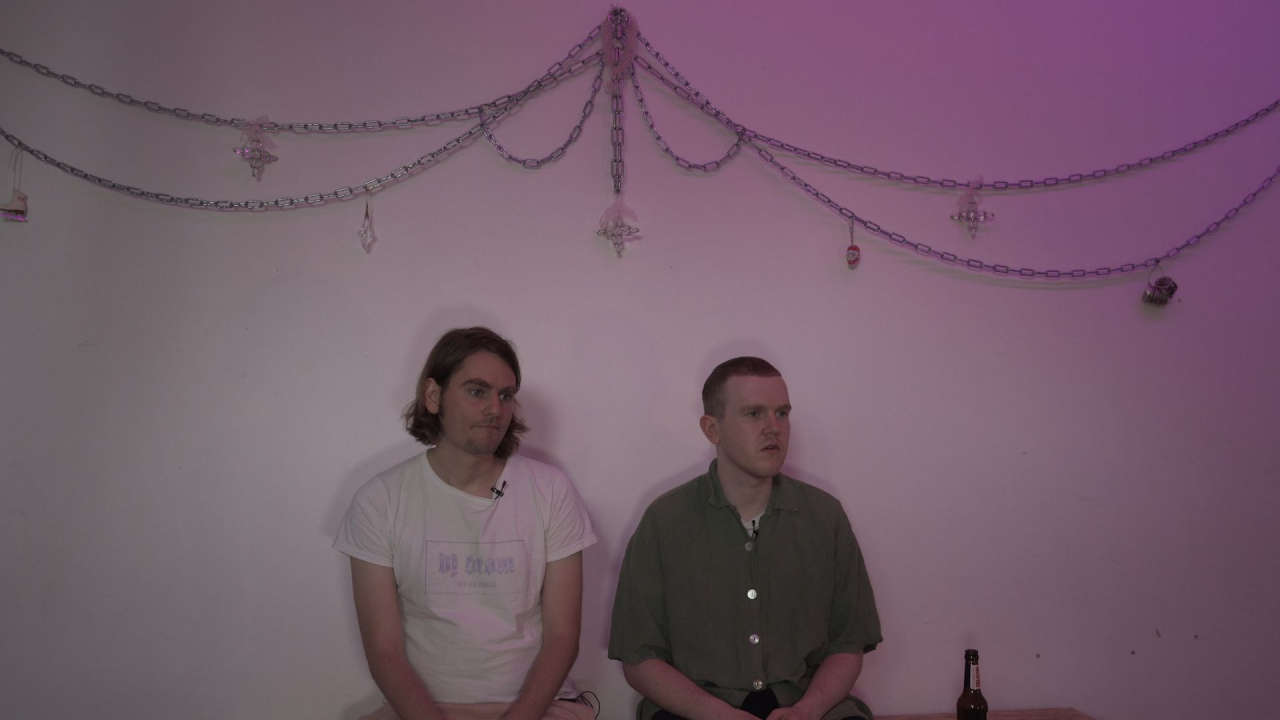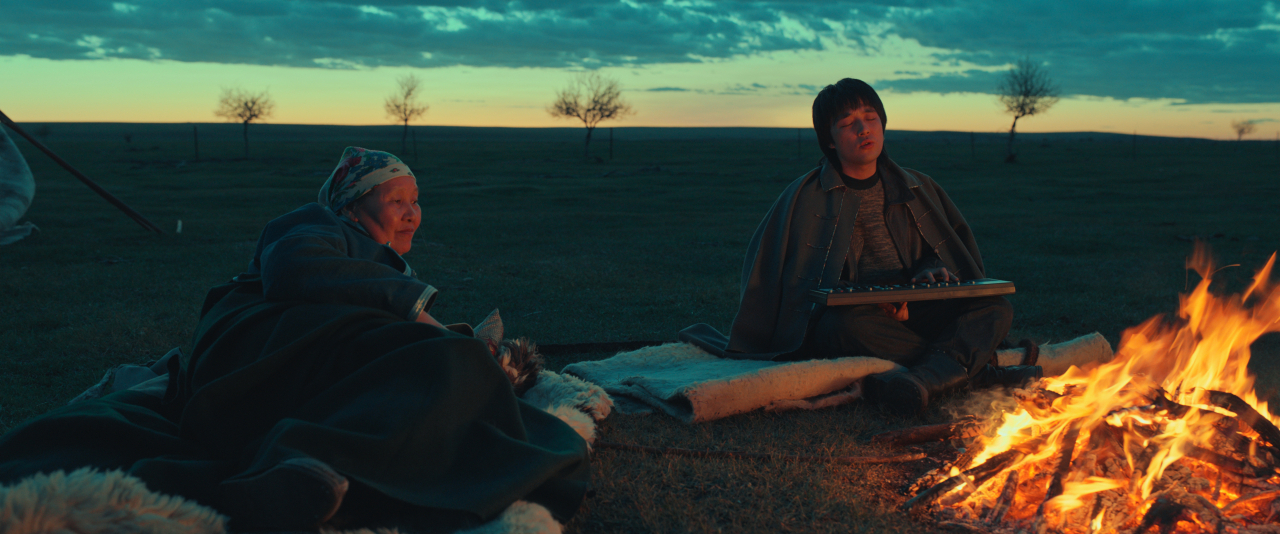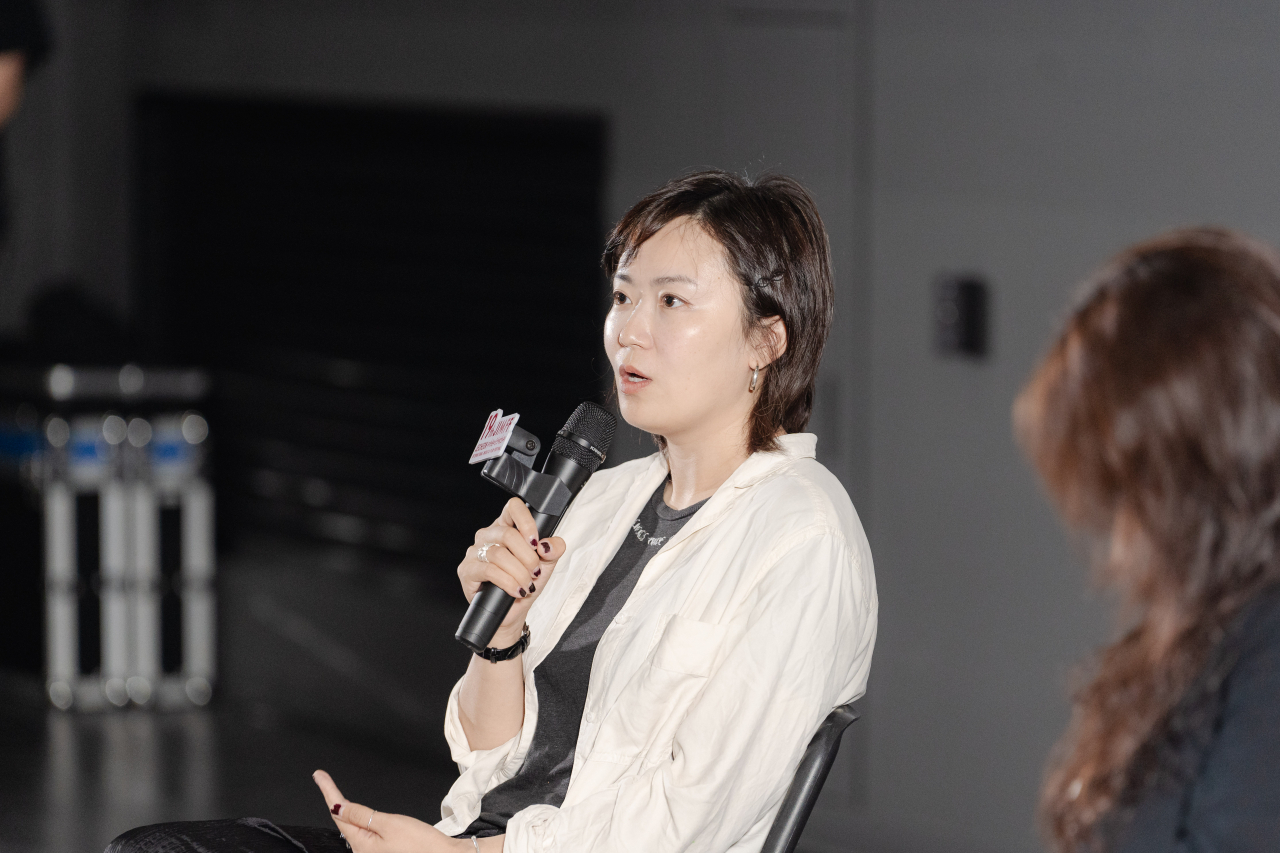2023 JIMFF reclaims its roots by "going back to the beginning"
By Choi Jeong-yoonPublished : Aug. 15, 2023 - 18:10
How music shapes a city and accords identity: Scenes of 19th Jecheon International Music and Film Festival

JECHEON, North Chungcheong Province -- The 19th edition of the Jecheon International Music & Film Festival -- the only internationally recognized festival that encompasses both music and film -- came to a close Tuesday with dampened festivities and controversy.
The festival got off to a rocky start this year, suffering from budget cuts and leadership changes. This year's budget was reduced by 33 percent from last year followed by the dismissal of its executive chairman Cho Sung-woon in response to the loss of 520 million won the festival incurred in 2022.
The screening of the festival’s closing film, Blue Giant, was also postponed by a day amid a continued row over playing a Japanese film on Aug. 15, on which Korea obeserves Liberation Day to mark the end of the Japanese occupation in 1945.
Jecheon was the start point for a gathering of more than 600 scholars across the country that later evolved into a nationwide independence movement.
With the number of programs and events reduced due to budget cuts, festive atmosphere was hard to spot around the city.
Keum Hye-ji, a 30-year-old local who had participated the first year of the event 18 years ago and has been coming to see the films said it was "upsetting" to see the event so quiet and tranquil.
"I have so many memories in this film festival. A few years ago, there were diverse events and busking concerts around the city, it was more crowded and festive. When I went out at night to enjoy the festival, most of the venues were closed. The dark and quiet city seemed so forlorn, somehow."
She still has great affection for the festival and the region, calling it "the pride of Jecheon" and said she hoped it would retrieve its vibrant and cheerful atmosphere, and would not be impacted by political changes in the local government.
Under the slogan, "Da Capo," a musical term that means ‘returning to the beginning,’ the festival endeavored to reclaim its roots.
The event opened up spaces where young staff can experiment and freely share their ideas while broadening the spectrum of music films bringing forth a wide range of genres and nationalities.
JIMFF invited Nordic film musicians for the first time, hoping to bridge South Korea and Nordic music composers.
Music is an essential part of movies, which weaves unique narratives within the backdrop of time and space of stories. The Landscape of Music Films section presents how music shapes the identity of a specific era or region and vice versa.

“Sound of Cologne”
German narrative documentary “Sound of Cologne,” explores the origin, history, development, and significance of electronic music that originated in Cologne, Germany in the 1950s.
Cologne was a key city for contemporary art and music at the time. With Mary Baumeister in the center, who was an atonal music fan, artists like John Cage, Paik Nam-june and David C. Johnson gathered there and supported each other, which contributed to firm and solid growth of the music.
Electronic music was an experiment led by sudden development of technology after the World War 2, which allowed artists to break the industry’s existing hierarchy and work collectively as equal individuals.
Cologne is also a city that’s not polished but rough. Cologne was one of the most destroyed cities in the war and was a late bloomer in the economic development. But its ugliness, the concrete tiles and culture are what led to the creation of techno music, a genre that started with anonymous origin and led artists disappear behind the record, creating a genre of having to “let go of everything.”

“The Cord of Life”
A genre that started in Europe 70 years ago was portrayed in a Chinese film depicting a story of a Mongolian electronic musician.
One of the festival’s International Competition, ‘The Cord of Life,’ opens in modern day, where Alus, an up-and-coming electronic music artist, performs onstage in Beijing. He gets a strange call from his mother who suffers from dementia.
His mother increasingly failing to recognize him, Alus goes on a road trip with her to the pastoral lands she grew up in, the countryside of Inner Mongolia, in search of the home she yearns for. Along the journey, the modern artist encounters traditional music of Inner Mongolia and understands his roots.

Director Sixue Qiao, who herself is Inner Mongolian, has a personal stake in the question of how to preserve tradition. The huge subject of how "life and death" is perceived by the nomads was what she wanted to touch upon through her first full-length film.
“The tree both son and mother seek is half dead and half live. This wasn’t planned in the script but we came across it during shooting. I thought this was perfect as the tree presents life and death, perhaps the tradition and modern or the old and new life of the nomads,” said Qiao during a QA session on Monday.
“You cannot stop the passage of time. Even the flowers in the grassland don’t last forever.”
Comforting her son before she dies, the last message of the mother is what the director wanted to deliver to audiences.
“Death is perceived as something that is sad, gloomy and dark in the city life. But with nomads, it is something just very natural, even a celebration. There’s warmth. As they live by seasons and move toward where the grass is, life is something that flows.” Qiao added.







![[Weekender] How DDP emerged as an icon of Seoul](http://res.heraldm.com/phpwas/restmb_idxmake.php?idx=644&simg=/content/image/2024/04/25/20240425050915_0.jpg&u=)



![[KH Explains] No more 'Michael' at Kakao Games](http://res.heraldm.com/phpwas/restmb_idxmake.php?idx=644&simg=/content/image/2024/04/28/20240428050183_0.jpg&u=20240428180321)







![[Herald Interview] Mistakes turn into blessings in street performance, director says](http://res.heraldm.com/phpwas/restmb_idxmake.php?idx=652&simg=/content/image/2024/04/28/20240428050150_0.jpg&u=20240428174656)
